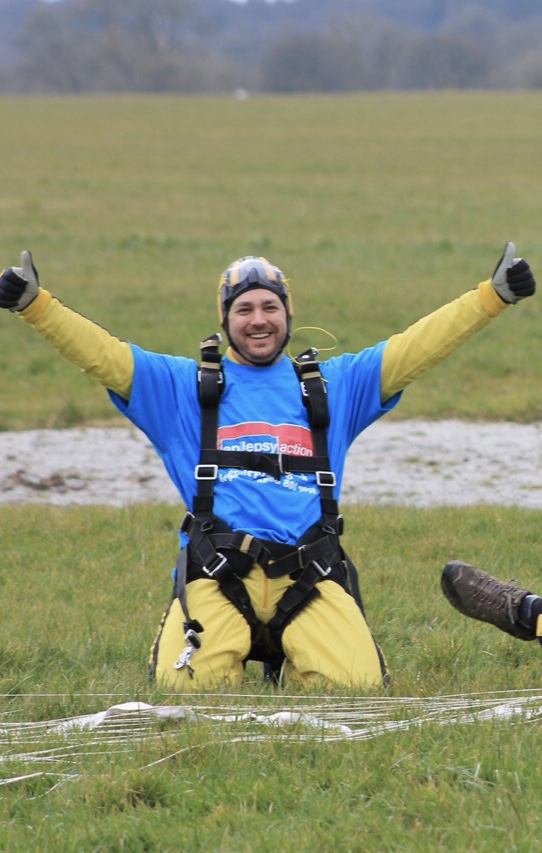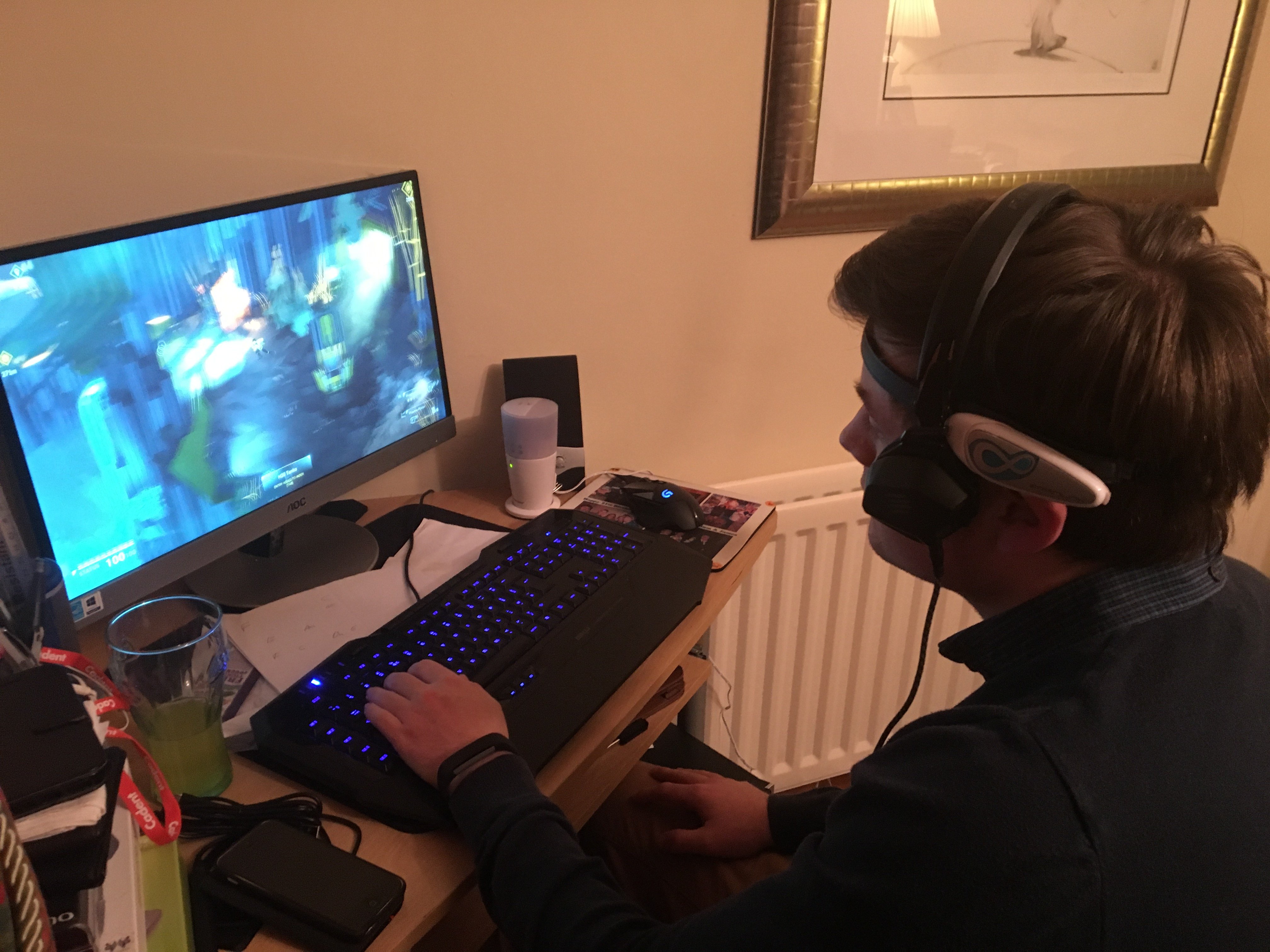Many people with epilepsy experience social isolation. One of the most common causes is the fear of potential embarrassment if a seizure occurs and this often prevents people with epilepsy from attending social functions or sharing their story with others. Simon Privett from the UK is an example of the contrary. Simon is actively involved in a number of initiatives and uses both face-to-face meetings and social media to engage with others affected by epilepsy. Later this year, he will be awarded with the prize Volunteer of the Year by Epilepsy Action. In this interview, Simon shares his story and work within the epilepsy community.
Topics: epilepsy, impact on family, support, living with epilepsy, familiy, support group, awareness, epihunter, research support, epilepsy action, social media
Ring Chromosome 20 syndrome, also known as r(20), is an ultra-rare condition, the first symptom of which is usually epilepsy. Due to the delayed onset of the signs of the syndrome and the difficulties in identifying it, no true statistics for r(20) exist. This isn’t good enough for Allison Watson, co-founder of Ring20 Research & Support UK CIO. Here, she explains why.
Topics: epilepsy, impact on family, support, living with epilepsy, familiy, support group, awareness, epihunter, rare diseases, r(20), ring chromosone 20 syndrome, research support


